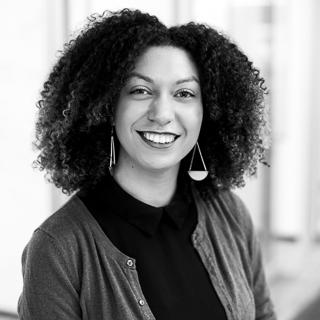5 Money Lessons You Wish You Learned in High School
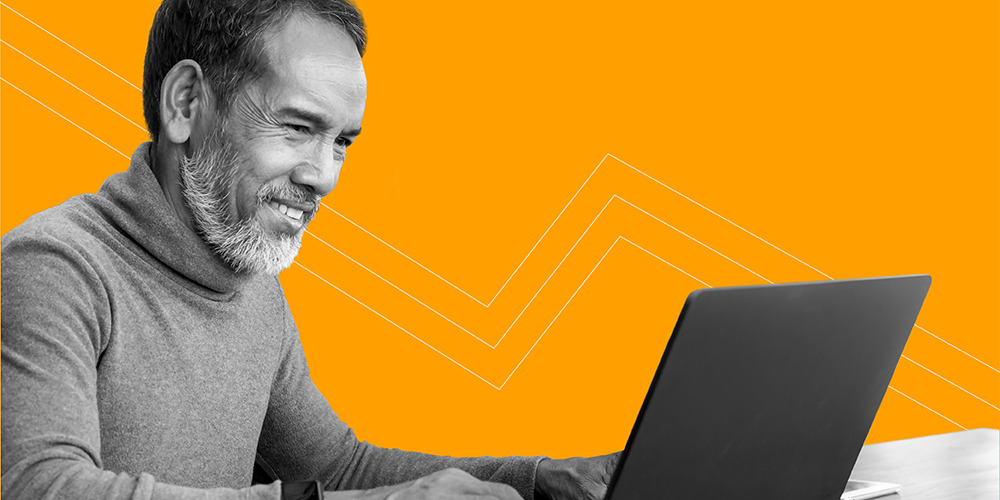
What if you could go back in time?
Imagine: You have the opportunity to take all the knowledge and experience you have now, and tap into it as you navigate life’s many decisions. Maybe you’d do a few things differently -- particularly with your finances.
Would you contribute a little more to your 401(k)? Would you be a little more careful with your credit cards?
Almost everyone has something they’d like to change. And this is especially true when early financial mistakes can do real harm.
We spoke to five financial experts about the money lessons they didn’t learn in high school but wish they had. Here’s what they had to say.
No. 1: Set healthy financial goals
We spoke to Dave Mason, an author of several finance books, about the lesson he wishes he knew when first starting out: the importance of goal setting.
“I never had a financial goal, nor did I have any idea what a healthy financial goal should be,” Mason said.
A financial goal is like a roadmap to the future. Goals can help us put money toward achieving milestones like freedom from debt, homeownership, or retirement.
“The goal I would now recommend is financial independence, which you achieve when your passive income exceeds your cost of living,” he said. “Once you hit financial independence, you have tremendous ability to plan your life around your passions, not just around your earnings.”
No. 2: Avoid debt by budgeting
Leslie Shull, an assistant college professor at Sacramento City College in California, said the financial lesson she wishes she learned in high school was how to use budgeting to save money and minimize debt. She now sees in her students the financial difficulties and deficiencies she faced.
During college, Shull fell into debt due to a lack of knowledge about budgeting, saving, and credit cards. Her advice to students: Avoid the vicious cycle of debt, repayment, and more debt.
Ultimately, debt boils down to a budgeting issue. A proper budget can set a foundation for how you treat income and expenses. A budget ensures that money is allocated to needs each month – bills, savings, and debt – before wants. Distinguishing between essentials and nonessentials is an important foundation for financial success.
A budget also includes a plan for how to save money – whether it’s for short- or long-term goals.
Shull said she started a savings account without receiving guidance on how to properly use it. Instead of saving up money, she tapped into the fund prematurely. “Once I accessed [the savings account], it was game over and I haven't been able to keep a decent savings account since,” she said.
No. 3: Invest early
Leif Kristjansen, founder of retirement advice site FiveYearFIREescape.com, wishes he learned the value of investments in high school. For example, taking advantage of compound interest, young investors can secure a financial head start over their cohort.
“The power of compounding over time makes a huge difference when you have a big runway,” Kristjansen said.
The magic of compound interest is that money invested will grow steadily over time. Essentially, it’s interest earned on interest.
“The main thing kids have as an advantage over adults is that they have more time,” he said, adding, “but if they don't know how to use it they will miss out on their greatest strength!”
No. 4: Communicate about financial difficulty
Larry Duffany, a financial coach at Raising Hope, had no clue about money as a young adult. He now teaches clients how to fix or avoid the financial mistakes he once made.
Duffany said he wishes he learned “how to speak up for [himself] when things were going wrong.”
Duffany hid his financial truth from his creditors, which ultimately cost him.
It’s alright to not know everything when it comes to finances – no one does. It’s important to reach out to a financial professional during these times -- but to also be honest with them. Instead of digging a financial hole, work with the professionals to find a solution.
“Creditors will work with people who will speak with them,” Duffany said. “[Creditors] have support programs that will assist [clients] as they strive to get their [finances]in order.”
No. 5: Prepare for financial milestones
We spoke to Krista Goodrich, author of The Boss Lady Investor™, who said she wishes she spent more time learning about real estate in high school.
High school personal finance courses often overlook how to accomplish financial milestones, such as buying a home. That’s a shame considering 63% of millennial homebuyers have regrets related to underestimating the true costs of buying and owning a home.
“While I was busy learning about parallelograms and how to measure a triangle, I wish I had learned how to negotiate a real estate deal,” Goodrich said.
She also wishes she learned:
- How to read a mortgage
- How to deal with home repairs
- Where to be wary during a home inspection
“More high school graduates will likely purchase a home than ever need to measure a triangle,” she said, adding, “so a money course on real estate seems like a no-brainer to me.”
Bottom Line
Mistakes are part of living, but every misstep is an opportunity for growth. Don’t want to learn the hard way? Thanks to insights from the financial pros, these are five lessons you don’t have to forsake.
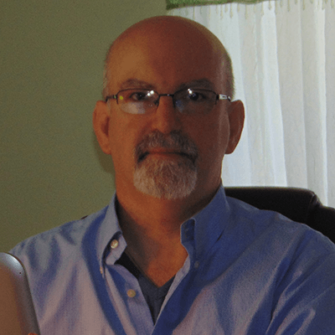
Larry Duffany is a master financial coach and a career educator at Raising Hope. Combining financial lessons with his training and experience as a high school teacher and adjunct college professor, Duffany walks alongside his clients raising hope for a better tomorrow. His goal is to move his clients from surviving to thriving by changing their money habits one day at a time.
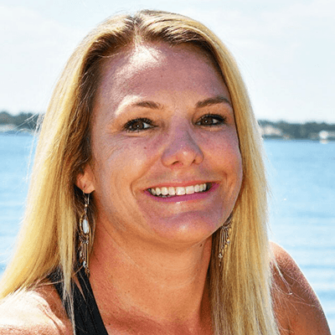
Krista Goodrich is a serial entrepreneur, investor, author, and motivational speaker. She is known as The OG Boss Lady Investor™. Goodrich also offers online finance courses and wrote the book, The Boss Lady Investor™,: You Don’t Need a D!*k to Understand Money. She lives in Daytona Beach and is an advocate for growing financial literacy in women and helping others learn about personal finance and creating wealth.

Leif Kristjansen is the founder of FiveYearFIREescape where he blogs about his early retirement and how others can do the same. Kristjansen worked as a scientist in Toronto, Canada, but after enough late nights and stress-filled days, he decided to get out. He quit working at age 32 with a wife, kids, and a house in a pricey city. His wife even retired two years before. He accomplished this through saving, financial savviness, and rental houses.
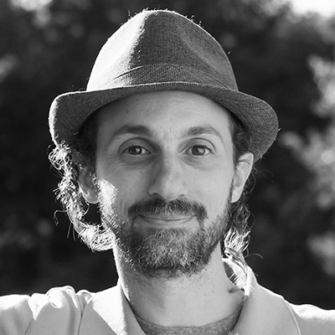
Dave Mason is the author of The Cash Machine: A Tale of Passion, Persistence, and Financial Independence. He believes there’s no better way to master an area of struggle than to research and write a novel on the subject. When he realized his financial struggles were the result of a poor understanding of money, Mason decided to write a personal finance novel.
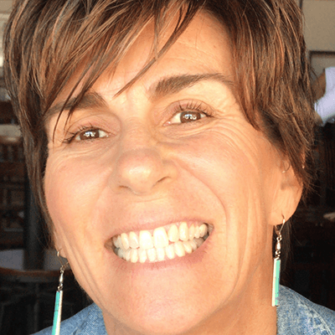
Leslie Shull is an assistant professor of business and real estate at Sacramento City College in California and founder of Let's All Flourish, a health and wellness company focusing on strengths and optimal health for youth. Shull has been in the real estate and mortgage industry since 2006. Prior to real estate, she spent the bulk of her career in marketing and sales for Verizon, Bristol Myers Squibb, and Chevron.

